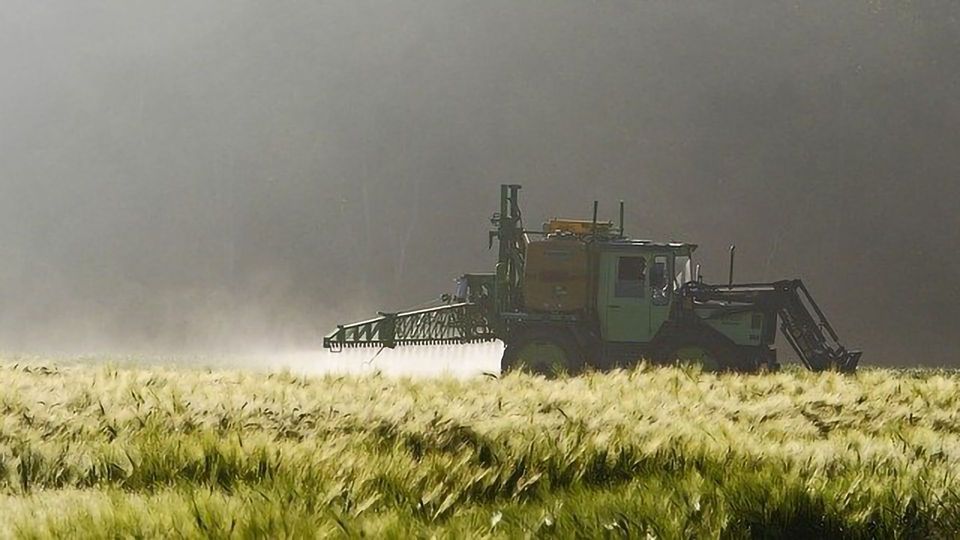Previously Used Pesticides Persist on Organic Farms for Decades

Complete the form below to unlock access to ALL audio articles.
Although the use of pesticides in agriculture is increasing, some farms have transitioned to organic practices and avoid applying them. But it’s uncertain whether chemicals applied to land decades ago can continue to influence the soil’s health after switching to organic management. Now, researchers reporting in ACS’ Environmental Science & Technology have identified pesticide residues at 100 Swiss farms, including all the organic fields studied, with beneficial soil microbes’ abundance negatively impacted by their occurrence.
Fungicides, herbicides and insecticides protect crops by repelling or destroying organisms that harm the plants. In contrast, organic agriculture management strategies avoid adding synthetic substances, instead relying on a presumably healthy existing soil ecosystem. However, some organic farms are operating on land treated with pesticides in the past. Yet, it’s unclear whether pesticides have a long-lasting presence in organically managed fields and what the reverberations are to soil life, specifically microbes and beneficial soil fungi, years after their application. So, Judith Riedo, Thomas Bucheli, Florian Walder, Marcel van der Heijden and colleagues wanted to examine pesticide levels and their impact on soil health on farms managed with conventional versus organic practices, as well as on farms converted to organic methods.
The researchers measured surface soil characteristics and the concentrations of 46 regularly used pesticides and their breakdown products in samples taken from 100 fields that were managed with either conventional or organic practices. Surprisingly, the researchers found pesticide residues at all of the sites, including organic farms converted more than 20 years prior. Multiple herbicides and one fungicide remained in the surface soil after the conversion to organic practices; though the total number of synthetic chemicals and their concentrations decreased significantly the longer the fields were in organic management. According to the researchers, some of the pesticides alternatively could have contaminated the organic fields by traveling through the air, water or soil from nearby conventional fields. In addition, the team observed lower microbial abundance and decreased levels of a beneficial microbe when fields had higher numbers of pesticides in the fields, suggesting that the presence of these substances can decrease soil health. The researchers say future work should examine the synergistic effects of pesticide residues and other environmental stressors on soil health.
Reference
Riedo J et al. Widespread Occurrence of Pesticides in Organically Managed Agricultural Soils—the Ghost of a Conventional Agricultural Past? Environ. Sci. Technol. 2021, 55, 5, 2919–2928, February 3, 2021. https://doi.org/10.1021/acs.est.0c06405
This article has been republished from the following materials. Note: material may have been edited for length and content. For further information, please contact the cited source.

